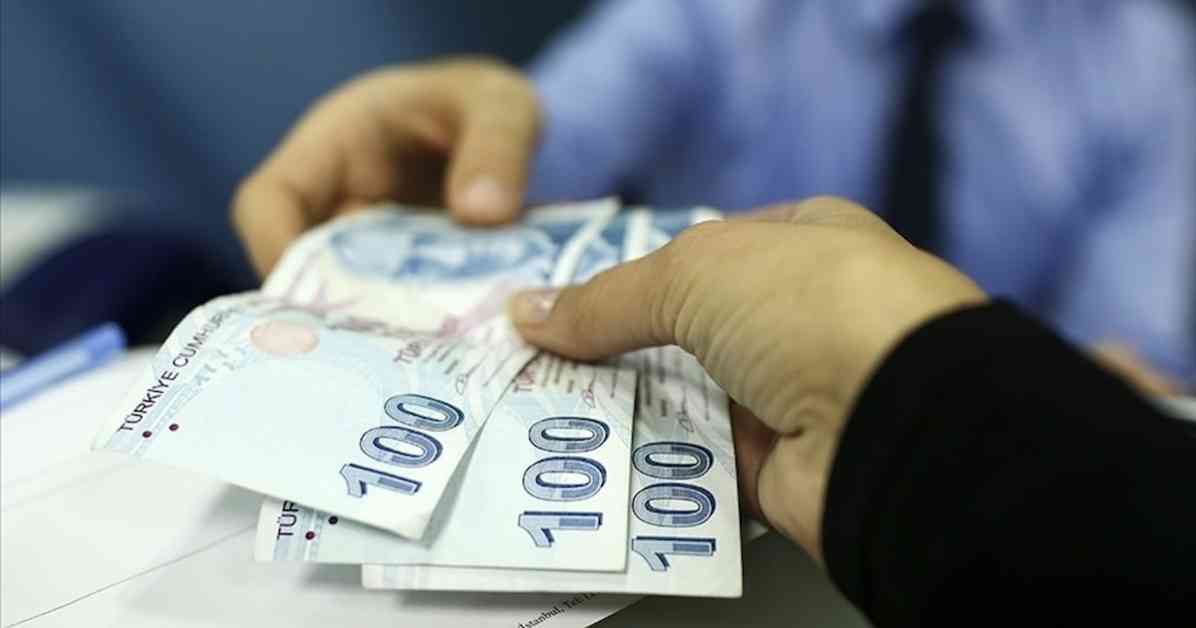Minister Işıkhan Sets Date for First Meeting on Minimum Wage
After the Cabinet Meeting, Minister Işıkhan responded to journalists’ questions about the minimum wage to be determined for the new year. Işıkhan stated, “We will proceed with the process just like last year. In the first or second week of December, we will meet with the parties involved, we are ready. Once the minimum wage schedule is determined, we will announce the process.”
ERDOĞAN POINTS TO YEAR-END INFLATION
Returning from his visit to Brazil, President and AKP Chairman Erdoğan answered journalists’ questions on the plane, making noteworthy statements regarding the minimum wage and pension payments. Erdoğan’s remarks were as follows:
“Last year, we gave our minimum wage earning brothers and sisters a 107.5% raise. Last year, inflation was 65%. This year, we gave a 49% raise. As of October, inflation is below 49%. In other words, according to the predictions of our Central Bank, we will end the year with a figure around 44%. In summary, we will not let inflation overwhelm our retirees, civil servants, or minimum wage earners. This was the case for the last 22 years, it was the same last year, and it has not changed this year either.
The opposition is exploiting this issue, but in the upcoming period, we will act within the same principles and treat our workers in a way that protects their purchasing power above inflation.”
POTENTIAL MINIMUM WAGE INCREASES…
As the days wind down towards the end of 2024, millions of workers are eagerly awaiting the increase in the minimum wage. With 2025 on the horizon, various scenarios are being considered for the minimum wage increase.
Here are potential minimum wage increases and new rates:
– 20% increase: 20,402.40 TL
– 25% increase: 21,252.50 TL
– 30% increase: 22,102.60 TL
– 35% increase: 22,952.70 TL
– 40% increase: 23,802.80 TL
– 45% increase: 24,652.90 TL
– 50% increase: 25,503 TL
The Importance of Setting a Fair Minimum Wage
Setting a fair minimum wage is crucial for ensuring that workers are able to meet their basic needs and maintain a decent standard of living. A higher minimum wage not only benefits individual workers but also has positive effects on the economy as a whole.
Research has shown that increasing the minimum wage can lead to reduced income inequality, as well as increased consumer spending, which can boost economic growth. It can also help reduce poverty levels and improve overall well-being in society.
Challenges in Determining the Minimum Wage
One of the challenges in determining the minimum wage is finding the right balance between ensuring that workers are paid a fair wage and ensuring that businesses can afford to pay their employees. Employers may argue that increasing the minimum wage will lead to higher costs and could result in job losses or reduced hours for workers.
However, proponents of a higher minimum wage argue that paying workers a living wage is a moral imperative and that it can have long-term benefits for businesses as well. By paying workers a fair wage, businesses can improve employee morale, reduce turnover rates, and increase productivity.
The Role of Government in Setting the Minimum Wage
The government plays a key role in setting the minimum wage, as it is responsible for ensuring that workers are paid a fair wage for their labor. Government officials must consider various factors when determining the minimum wage, including inflation rates, cost of living, and economic conditions.
In many countries, the government sets a minimum wage that employers are required to pay their employees. This minimum wage is often adjusted annually to account for changes in the economy and to ensure that workers are able to keep up with the rising cost of living.
In conclusion, setting a fair minimum wage is essential for ensuring that workers are able to support themselves and their families. By carefully considering the needs of both workers and businesses, government officials can strike the right balance and create a more equitable society for all.











